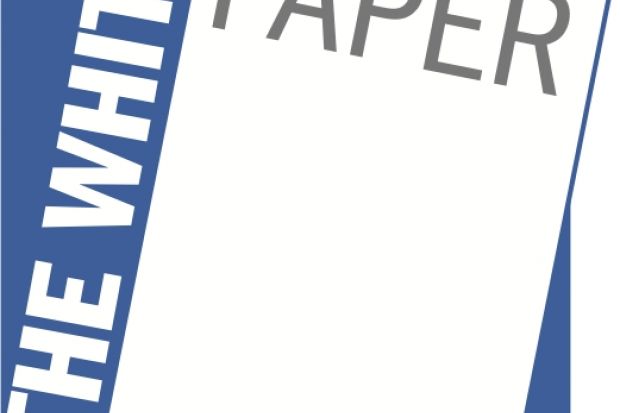The government unveiled proposals that would see tens of thousands of student places opened up to full competition in 2012-13, with around 65,000 students who achieve at least AAB at A level able to attend whatever university they like, provided they are accepted.
However, Louise Andronicou, director for recruitment and marketing in the Faculty of Law at London South Bank University, said that the idea flew in the face of the government’s commitment to widening participation.
“The focus seems to be only on the A-level students,” she said.
“What about non-traditional qualifications, for instance access courses that don't have [Universities and Colleges Admissions Service] tariff points?
“Some of our best students have come through on those courses. This sort of scheme sees those from disadvantaged backgrounds and low-participation neighbourhoods neglected, which is very sad.”
Matthew Andrews, academic registrar at Oxford Brookes University, said he was not convinced that many universities would be willing to expand.
“I think a number of institutions are rather happy with their current size so I don't think that there is a foregone conclusion that many institutions will be interested in expansion,” he said.
He added that more detail would be needed in order to fully assess how such a scheme would work.
He gave an example of a student who had been accepted on to a course on the basis of predicted grades of AAB, with the course requirements of ABB.
If such a student went on to achieve ABB, they would be qualified to start the course, but would not be counted under the off-quota student numbers. He warned that this could result in institutions may inadvertently find themselves fined for over-recruitment.
“You may find AAB becoming a typical offer simply because that means institutions will not get caught out,” he said. “If that does happen, I could see the potential for increased grade inflation by schools.”
Andy Biggs, head of sixth form at Parmiter’s School in Hertfordshire, said that the proposals smacked of “damage limitation”.
“The government is reacting to what the universities are proposing,” he said.
“What should have happened is that the White Paper should have come out and set parameters which the universities then reacted to.”
Mr Biggs predicted that a number of courses at universities “in the middle” would be under threat if the government carried through with the plan.
“These are not the sort of courses that have been described as ‘dead end courses’,” he said. “I can’t see why the government would do this.”
Aaron Porter, president of the National Union of Students, accused the government of “artificially manipulating” the market.
“Only those students with the best exam grades are guaranteed the security of a university place, leaving others to scrabble around,” he said.
Register to continue
Why register?
- Registration is free and only takes a moment
- Once registered, you can read 3 articles a month
- Sign up for our newsletter
Subscribe
Or subscribe for unlimited access to:
- Unlimited access to news, views, insights & reviews
- Digital editions
- Digital access to THE’s university and college rankings analysis
Already registered or a current subscriber? Login
